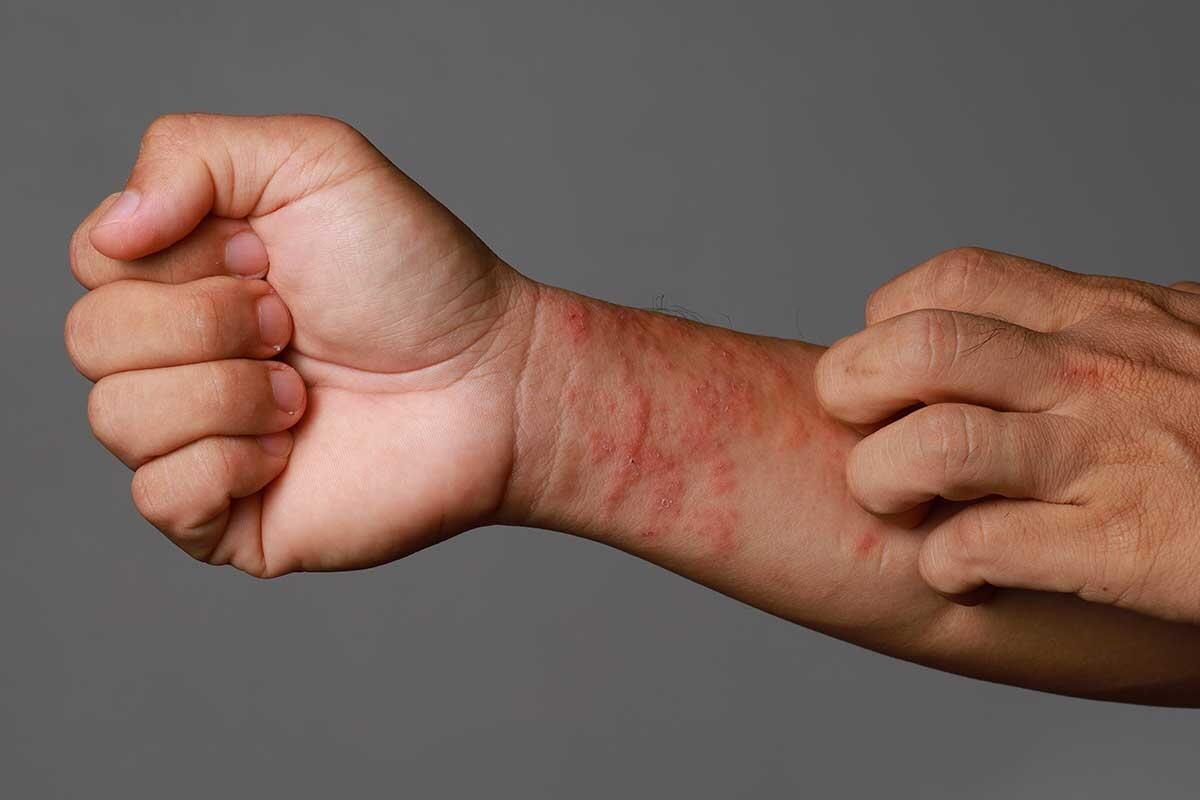Eczema: Symptoms, Causes, and Effective Treatments
Eczema, also known as atopic dermatitis, is a chronic skin condition that affects millions of people worldwide. It manifests through symptoms like redness, itching, and inflammation, which can severely impact one’s quality of life. At Clinic Consultation, we are dedicated to helping patients manage eczema effectively through personalized care and advanced treatments.
Understanding the Symptoms of Eczema
Eczema is characterized by several tell-tale symptoms, including:
- Dry, Itchy Skin: Persistent dryness accompanied by severe itching, which often worsens at night.
- Red and Inflamed Patches: These appear mainly on the hands, feet, neck, and inside the elbows or behind the knees.
- Crusting or Oozing: In severe cases, the skin may crack, ooze fluid, or form crusts.
These symptoms can fluctuate between mild to severe, with periods of flare-ups and remission. If left untreated, eczema can lead to infections due to excessive scratching. Clinic Consultation recommends seeking professional help for persistent symptoms.
What Causes Eczema?
The exact cause of eczema isn’t fully understood, but it’s believed to arise from a combination of genetic and environmental factors:
- Genetic Predisposition: A family history of eczema, asthma, or hay fever increases the likelihood of developing the condition.
- Skin Barrier Dysfunction: A weakened skin barrier allows moisture to escape and irritants to enter, triggering inflammation.
- Environmental Triggers: Allergens, irritants, weather changes, and even stress can provoke or worsen symptoms.
Identifying and avoiding personal triggers is crucial for managing eczema effectively. At Clinic Consultation, our specialists provide comprehensive evaluations to help you understand and mitigate these triggers.
Types of Eczema
Atopic Dermatitis
The most common form, often linked to other allergic conditions like asthma and hay fever.
Contact Dermatitis
Triggered by exposure to irritants or allergens such as soaps, detergents, or certain fabrics.
Dyshidrotic Eczema
Characterized by small, itchy blisters on the hands and feet, often aggravated by stress or weather changes.
Each type requires a tailored approach for management. At Clinic Consultation, our team ensures precise diagnosis and targeted treatment plans.
Effective Treatments for Eczema
Topical Treatments
- Moisturizers: Essential for repairing the skin barrier and preventing dryness.
- Corticosteroid Creams: Reduce inflammation and itching during flare-ups.
Advanced Therapies
- Phototherapy: Exposing the skin to controlled amounts of ultraviolet light to reduce symptoms.
- Biologic Medications: Targeted therapies for moderate to severe cases unresponsive to conventional treatments.
Lifestyle and Home Care
- Avoiding Triggers: Identifying and steering clear of allergens or irritants.
- Stress Management: Techniques like mindfulness or yoga can reduce flare-ups linked to stress.
At Clinic Consultation, we combine medical expertise with lifestyle strategies to offer holistic eczema management.
When to Consult a Specialist
It’s important to see a Dermatologist if:
- Symptoms persist despite over-the-counter treatments.
- Eczema significantly impacts daily life or mental well-being.
- You experience signs of infection, such as swelling, oozing, or fever.
Our experts at Clinic Consultation provide comprehensive care to help you achieve healthier, more comfortable skin.
Conclusion
Living with eczema can be challenging, but the right care can significantly improve your quality of life. At Clinic Consultation, we are committed to helping patients manage their symptoms effectively. Schedule a consultation today and take the first step toward relief.
